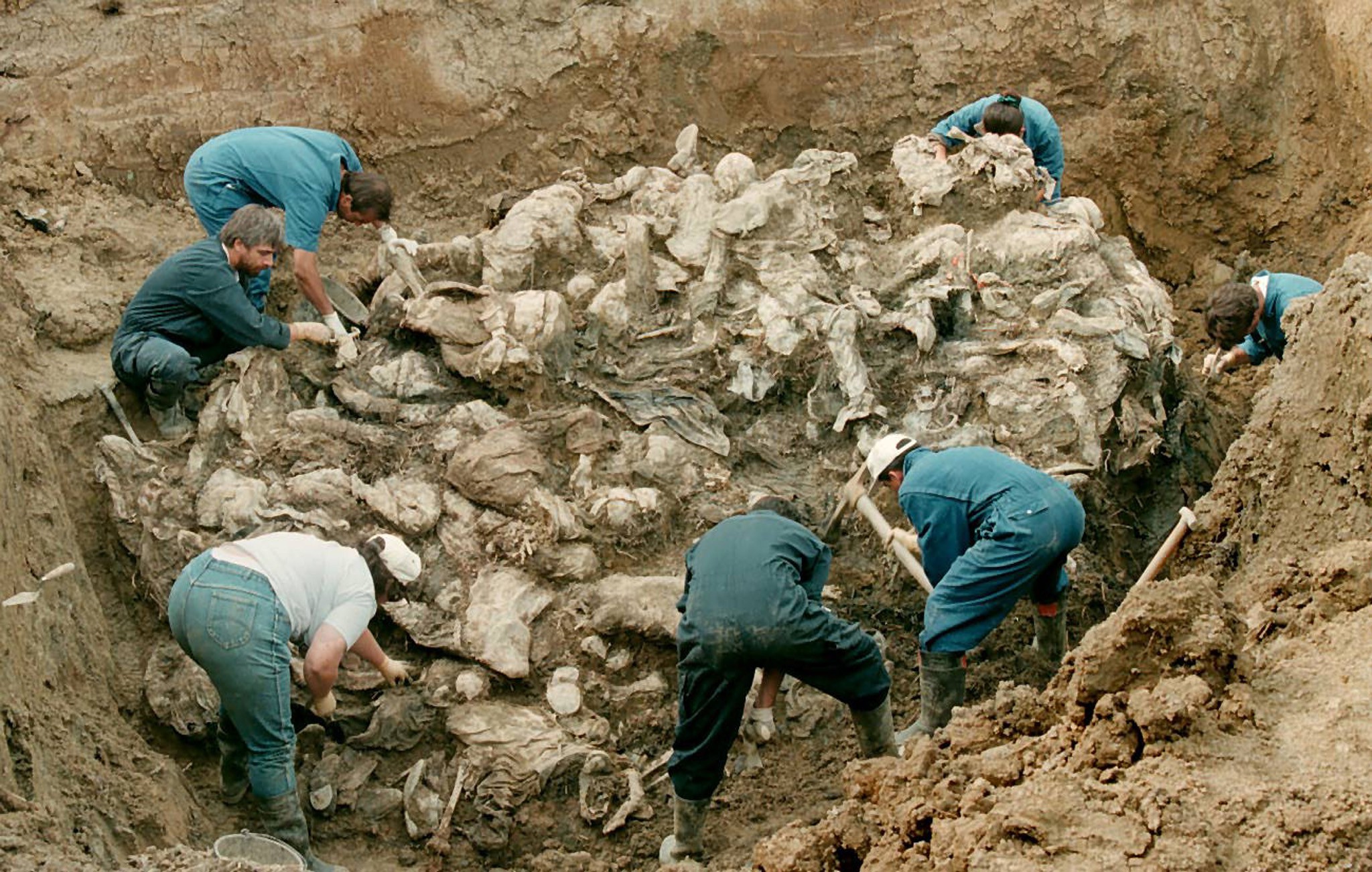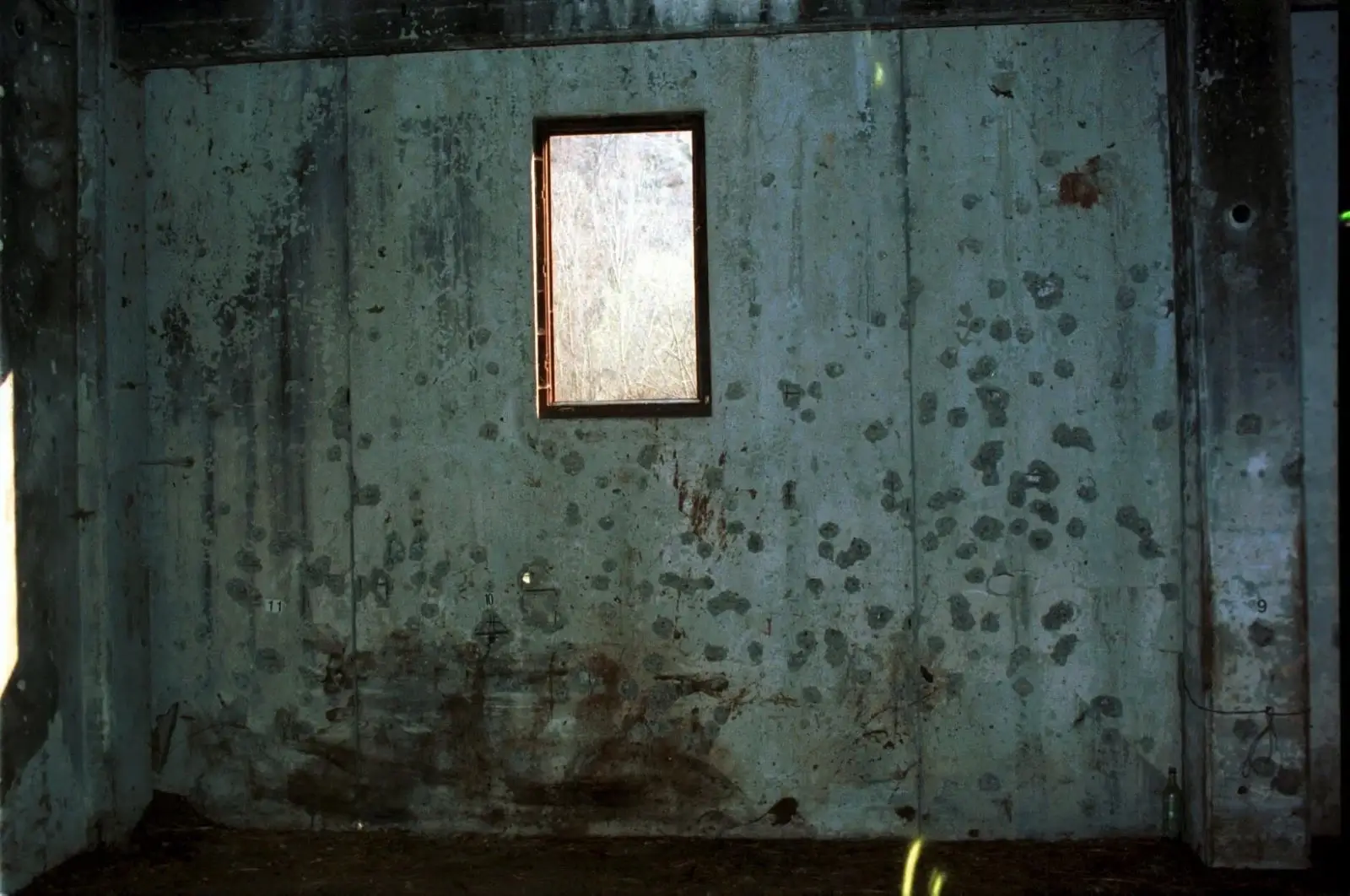To deny the fact of torture, a crime against humanity, and/or genocide is contemptible. To engage in such denial speaks to the ugliness, callousness, viciousness, and smallness that certain human beings are capable of; in a word, it is: disgraceful.
But denial of torture, crimes against humanity and/or genocide is also treacherous, irresponsible, and, in certain cases, venal. In other words, the deniers are denying for a specific reason: to attempt to cover up the facts; to cover for this or that perpetrator and/or group of perpetrators; to shirk responsibility for the criminal actions; and/or to rewrite history by inserting falsities and lies, and even calumny. Such attempts at denial are not only sickening but dangerous.
Denial of genocide in the 20th and 21st centuries has been rife. Among some of the many genocides that have been denied include the following: the Ottoman Turk genocide of the Armenians, the Soviet manmade famine of Ukraine, the Nazi genocide of the Jews, the 1994 genocide of the Tutsis and moderate Hutus in Rwanda, and the genocide of the Black Africans of Darfur by the Government of Sudan. And, disturbingly, the July 1995 genocide of some 8,000 Muslims boys and men by the Serbs.
Read articleSources
- Turčalo, S. & Karčić, H. (Eds.). (2021). Bosnian Genocide Denial and Triumphalism: Origins, Impact and Prevention. Faculty of Political Science, University of Sarajevo, in cooperation with Srebrenica Memorial Center and Institute for Islamic Tradition of Bosniaks.

.webp)





